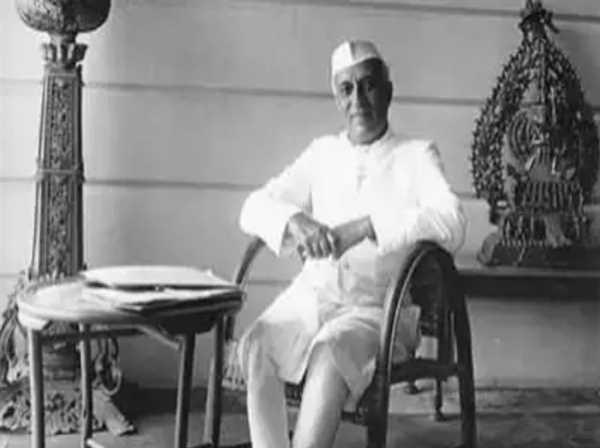Jawaharlal Nehru was one of the most prominent leaders of the Indian independence movement and was instrumental in the achievement of independence from British rule in 1947. Born into a prominent family in Allahabad in 1889, Nehru was exposed to politics from an early age and was involved in the independence movement from the 1920s onwards.
Nehru played a critical role in the movement for independence, serving as the President of the All India National Congress for several years and leading the party's campaigns for independence. He was arrested several times by the British for his political activities, spending a total of nine years in jail. Despite this, he remained committed to the cause of independence, and his speeches and writings inspired millions of Indians to join the struggle for freedom.
Nehru was also a strong advocate of non-violent resistance, and he encouraged Indian independence activists to adopt this approach in their campaigns. He believed that this approach was more effective than violent resistance, and that it would help to garner support for the independence movement from people around the world. This non-violent approach was widely adopted by other Indian independence leaders, including Mahatma Gandhi.
Following India's independence in 1947, Nehru became the country's first Prime Minister, serving in this role until his death in 1964. During his time in office, Nehru played a crucial role in shaping the new nation, promoting democratic values, industrialization, and modernization. He was a strong advocate of socialism, and his policies helped to lay the foundation for India's rapid economic growth in the decades that followed independence.
Nehru also played a key role in shaping India's foreign policy, establishing close relationships with other newly-independent nations in Asia and Africa and promoting India as a leader of the non-aligned movement. He worked to promote peace and stability in the region, and his efforts helped to prevent the spread of communism and promote democratic values in the region.
In conclusion, Jawaharlal Nehru was a visionary leader who played a critical role in the achievement of Indian independence and the shaping of the country's future. His commitment to non-violent resistance, his advocacy of democratic values, and his efforts to promote peace and stability in the region will continue to inspire generations of Indians for many years to come.
